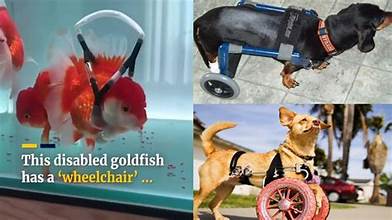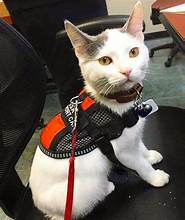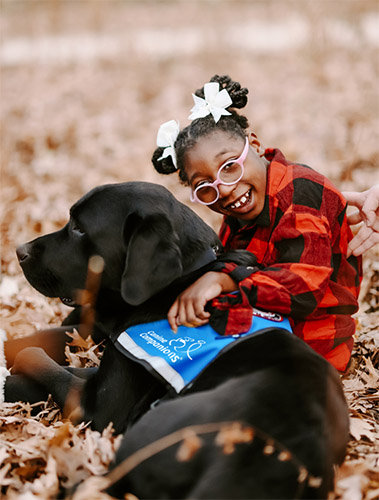Welcoming a special needs pet into your home can be one of the most rewarding experiences for any pet lover. These pets often require extra care, patience, and understanding, but the bond you form with them is truly extraordinary. Whether caring for a dog with mobility issues, a cat with vision impairment, or an exotic pet with unique dietary needs, it’s essential to equip yourself with the proper knowledge to meet their specific requirements.
Understanding Special Needs
Special needs pets may come from various backgrounds, including those born with congenital disabilities or those who have acquired special needs due to illness or injury.
Common conditions include:
- Mobility impairments – affecting their ability to move freely.
- Sensory deficits – such as blindness or deafness.
- Chronic diseases – like diabetes or epilepsy.
Understanding these conditions is the first step in providing proper care. Resources such as ASPCA and AVMA offer valuable insights into various pet health issues and care strategies.
Creating a Safe and Comfortable Environment
Transforming your home into a sanctuary for a special needs pet involves more than just physical adjustments. It’s about creating an environment that fosters security and happiness.
Home Modifications
Consider implementing the following changes to accommodate the specific needs of your pet:
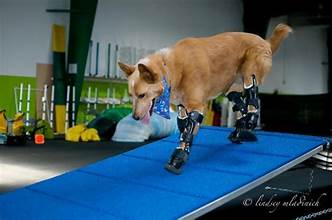
- Ramps and Lifts:
- Install ramps or pet lifts for pets with mobility issues to help them access furniture or navigate stairs.
- Safe Spaces:
Create a quiet and peaceful area where your pet can retreat if they feel overwhelmed.
- Accessible Litter Boxes and Bowls:
Ensure food, water, and litter boxes are easily accessible.
Nutrition and Health
Diet plays a crucial role in special needs pets’ overall health and well-being. Tailoring their diet to meet their specific requirements is essential.
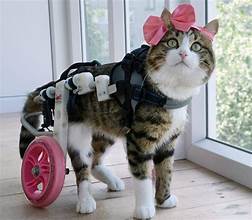
Dietary Considerations
Consult with a veterinarian to determine the best diet plan for your pet. They might recommend:
- Specialized Diets:
Certain conditions may require low-calorie or high-fiber diets. PetMD offers detailed nutritional advice for special needs pets.
- Supplements:
Supplements should be introduced to support joint health or boost the immune system.
Cost of Care
Caring for special-needs pets can incur additional costs. Planning and budgeting for expenses like medical treatments, specialized equipment, and dietary needs is crucial. Financial assistance programs from organizations like the Humane Society can ease the burden.
Bonding and Enrichment
Building a strong bond with your special needs pet can be an immensely fulfilling experience. Regular interaction, playtime, and mental stimulation are vital for their emotional and mental well-being.
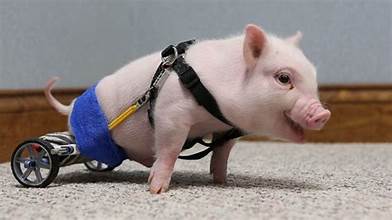
- Interactive Toys:
Use toys that stimulate their senses and encourage physical activity.
- Training Sessions:
Positive reinforcement training sessions can enhance your pet’s confidence and strengthen your bond.
Nurturing a special needs pet requires commitment, but the joy and love they bring into your life are immeasurable. By understanding their needs, creating a supportive environment, and providing the proper care, you’re not just giving them a home but a life filled with love and happiness.

